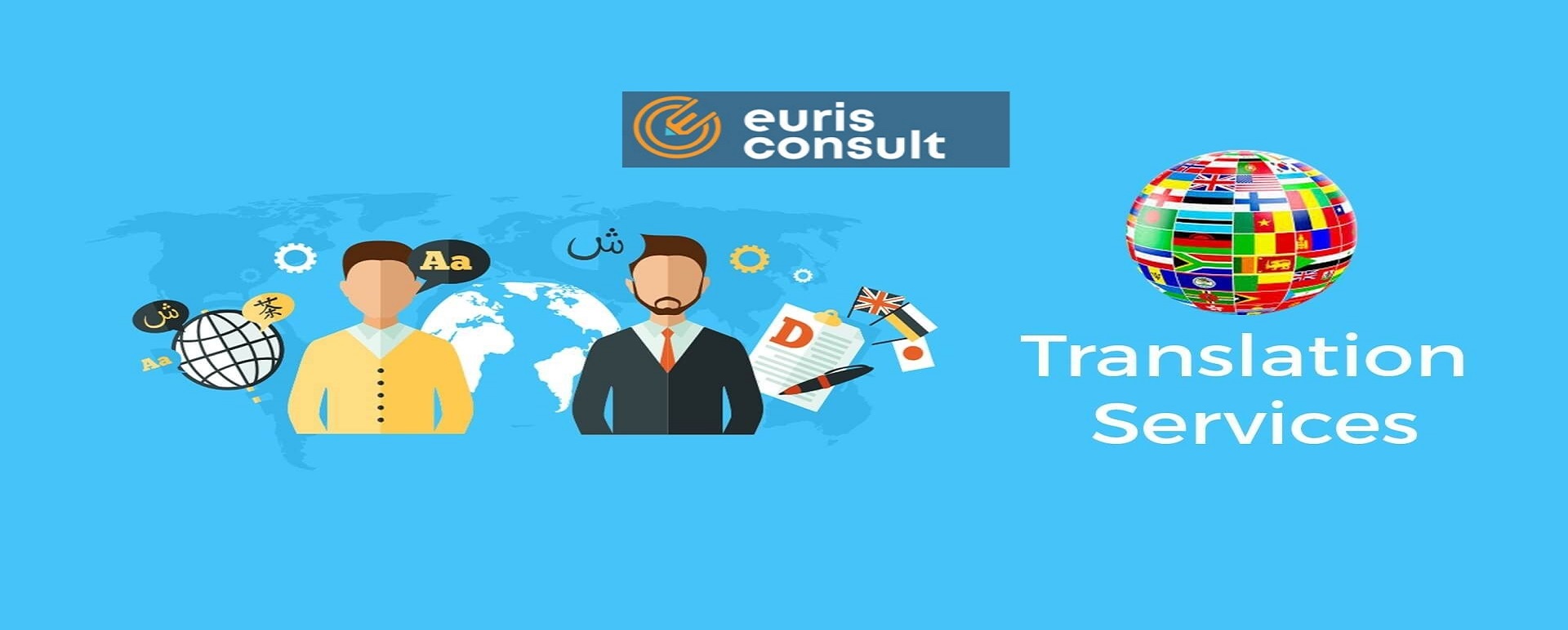The ‘dangers’ of translation

A translation error refers to any incorrectness or any inconsistency between the source text and the translated text. This includes misunderstanding or misinterpreting the source text, sometimes due to overreliance on CAT tools. Common translation mistakes may take the form of punctuation or lexical errors, additions or omissions, wrong terminology, ambiguities, syntax problems, or simply being too literal. Among these, mistranslation rates as the most serious error and is considered graver than a grammar mistake or a typo.
A professional translation company invests in its human and material resources and in its sales and marketing strategies, and spends time, energy and money in order to build a solid client relationship and earn its clients’ trust. Certain translation errors can put all this into jeopardize. Prospective clients may be shunned away by errors on websites, while grave mistakes in the translation of technical manuals may result in damage or injury or have legal consequences. A single wrong word in a contract can have serious repercussions, and errors in reports or speeches can cause financial loss or political tension. A wrongly translated term in a pharmaceutical label or datasheet can even cause a health hazard. The importance of an error-free translation is made evident when things go wrong since when they do go wrong, they can go very wrong. A seemingly minor error can result in high costs or damage to a brand as happened to HSBC bank back in 1999. Their “Assume nothing” slogan was erroneously translated in some languages as “Do nothing”. Eventually the damage was mended and the slogan changed but these rebranding efforts cost $10 million. Big multinational companies may be able to recover from such embarrassment, but not all businesses do. On a lighter note, translation errors may produce unexpected and unwanted connotations and even a comic effect if the context is not interpreted correctly. Though apparently lighter, they can still cause damage to the translation company’s reputation and credibility.
Not only does a translation company need to safeguard its image of a professional and reputable company but it also needs to keep in mind how crucial it is to avoid serious errors in translations in order to protect its clients’ business. Research has shown that some clients will not use the services of a company that releases an offensively translated advert, for instance. Translators are always reminded that it’s less expensive to get something right the first time than to correct errors later. Once your translation has been delivered, it is already too late. Clients can be definitely lost and the consequences of translation errors for your individual or corporate clients are not to be underestimated. While this will sometimes cost time and money or delays in the launch of a campaign, website, or product, in the submission of certificates or in the presentation of reports it will save embarrassment and money for both the client and the translation company itself.
To avoid or minimise the risk of such blunders, there are several tips that may be useful to follow. Double or triple-checking whenever necessary, submitting each and every document to quality control no matter how small it is, or simply getting it re-read by a colleague will many times save the day. The client should allow enough time by contacting the translation company as early as possible. Communicate frequently with the client to ensure that the desired tone is used and that the correct terminology is used consistently. This includes obtaining any reference material including graphics or images in the case of technical translations. Tricky or open-ended text for instance requires experienced translators with know-how in the subject matter. It is always advisable to allocate translations to native speakers of the target language. Simply speaking a second language does not guarantee linguistic expertise or translation competence. It is also necessary to consider cultural factors that could impact the way the message is received in the target language. Finally, we reiterate that following the translation, editing, and quality control process, the translated material needs to be reviewed and proofread. Above all, remember – all this needs to be done before hitting that send button!
Please email us on translations@eurisconsult.com if you require the services of a translation agency in Malta and we will provide you with a quote for free.
